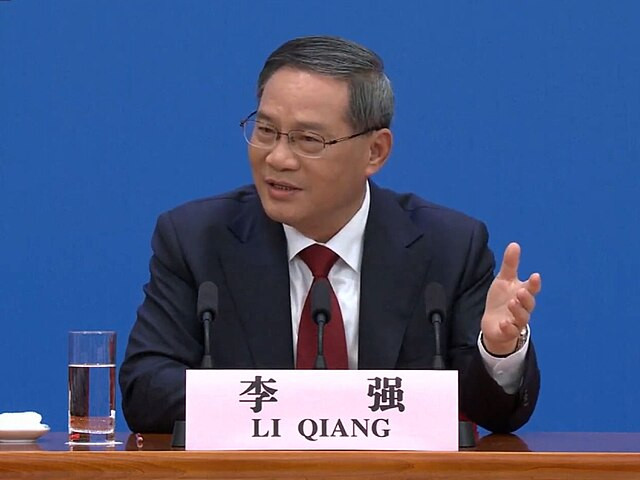Vietnam and China have signed a series of agreements aimed at enhancing economic cooperation, with a focus on agriculture, trade, and cross-border payments. The deals were formalized during Chinese Premier Li Qiang's three-day visit to Hanoi, marking a significant boost in ties between the two neighboring nations, which have long-standing economic and political links. The agreements reflect both countries' intent to expand collaboration across a range of sectors, amid ongoing regional geopolitical shifts.
During the visit, Premier Li Qiang and Vietnamese Prime Minister Pham Minh Chinh oversaw the signing of 10 agreements. These include commitments to enhance agricultural trade, strengthen customs cooperation, and improve cross-border QR code payment systems. China, Vietnam's largest trading partner, has become integral to the country's manufacturing sector, with bilateral trade between the two nations surging 21% in the first nine months of 2023, reaching $148 billion.
Agriculture was a key focus of the discussions. Vietnam's Prime Minister Chinh urged China to open its markets further to Vietnamese farm products, including fruits and vegetables, while also streamlining customs procedures at the border to ensure faster clearance for agricultural goods. Vietnam's agricultural exports are a significant contributor to its economy, and deeper cooperation with China is expected to bolster these industries.
Premier Li also highlighted the importance of strengthening infrastructure ties, particularly regarding railway links between the two nations. While both countries have repeatedly expressed interest in enhancing cross-border rail connectivity, much of the current infrastructure is outdated, including the century-old railway linking Kunming in China's Yunnan province to Hanoi and Haiphong. During the talks, the two sides agreed to continue site surveys for railway upgrades, although no concrete timelines or financial commitments have yet been revealed.
Li's visit to Vietnam is part of broader efforts by China to deepen its engagement with Southeast Asia, and it reflects the shared interest of both countries in fostering long-term strategic partnerships. In a meeting with Vietnam's Communist Party chief, To Lam, Li emphasized China's willingness to promote "high-quality and high-level cooperation" across various sectors, including technology, new energy, and digital economy. The goal, he said, is to create a "shared future" that strengthens regional stability and economic growth.
The Chinese premier also underscored the need to enhance "hard connectivity" through infrastructure projects such as railways and expressways, alongside "soft connectivity" measures like the development of smart customs systems to streamline trade. These measures, he said, would help ensure the smooth flow of goods and strengthen supply chains, a priority for both countries as they navigate an increasingly uncertain global economic environment.
Cross-border economic cooperation zones were another key topic of discussion, with both sides agreeing to explore pilot projects in these areas. These zones are expected to foster investment in key emerging sectors, including information technology and important minerals, areas where China has a competitive edge. As China looks to expand its influence in these industries, Vietnam is positioning itself as a strategic partner in the region, particularly given its role as a hub for global manufacturing.
Cultural and people-to-people exchanges also featured in the discussions, with Vietnam expressing support for China's Belt and Road Initiative and the two countries agreeing to hold a "Vietnam-China Year of People-to-People Exchanges" in 2024. This initiative is aimed at enhancing mutual understanding and strengthening grassroots ties between the citizens of both nations, further cementing their relationship.





